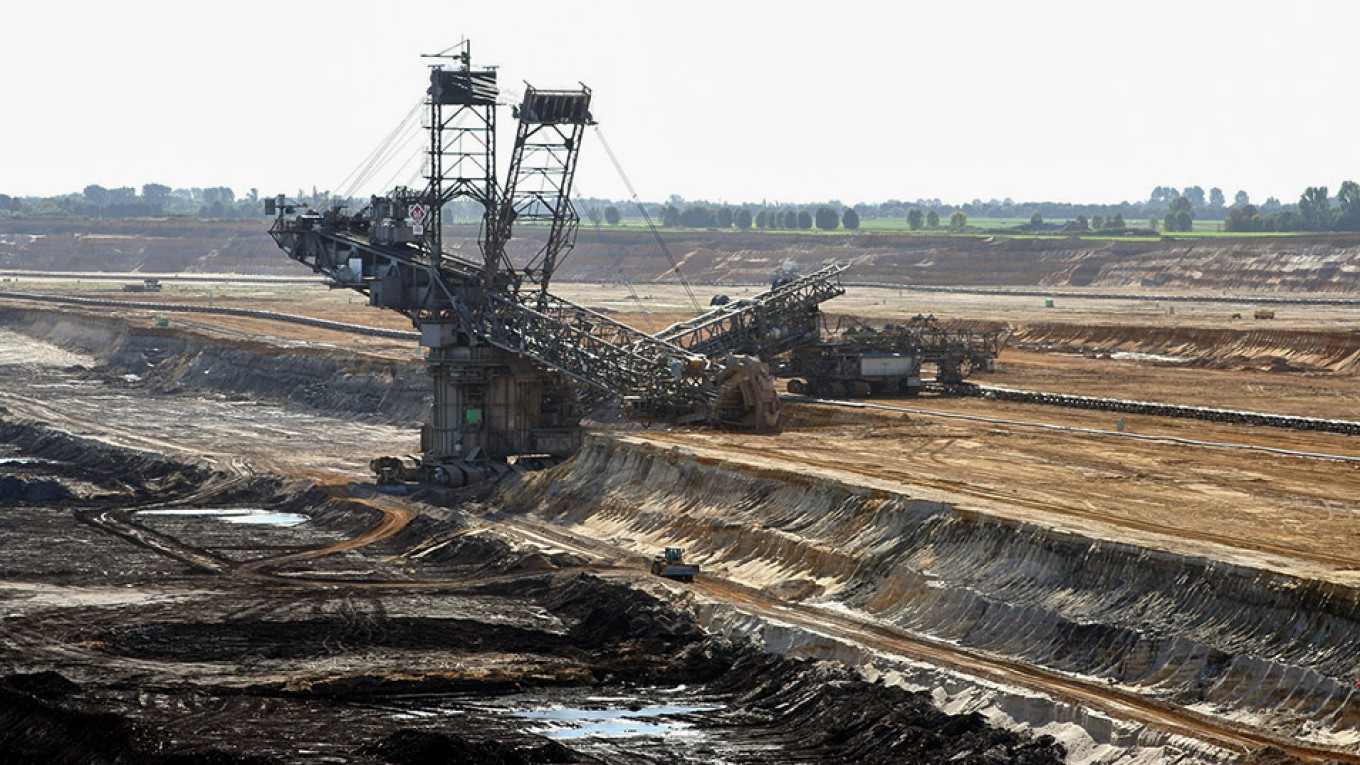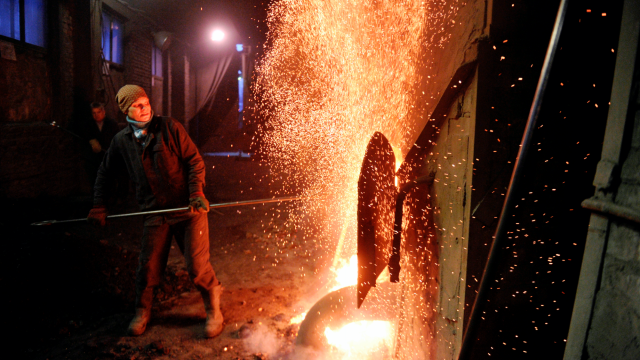Foreign investors are set to turn away from Russian energy giants as green investment strategies gain traction, according to market analysts.
Russian bank VTB Capital said on Friday that a number of energy-generating companies, including subsidiaries of Gazprom and other state-owned entities are “uninvestable” for some European funds “which have adopted a coal divestiture policy.”
The move away from coal has become mainstream policy in the United States, the European Union and China, where governments, companies and investors are trying to reduce the share of the dirtiest fossil fuels in their energy mixes.
Conversely, the Russian Energy Ministry has forecast an increase in coal consumption over the next three years. Russia is the world’s fourth-largest user of coal, behind China, India, and the U.S.
“Investors have already started to act,” VTB said in its report on the Russian utilities sector. Analysts “note that 100% of Swedish and Finnish investors, and a growing share of German and Baltic investors calculate coal’s contribution to the [earnings] of utility companies and have either already approved, or soon will, targets to divest from companies in which the share of coal exceeds certain limits.”
Those limits typically prohibit funds from investing in companies where anywhere between 10-50% of earnings come from coal-fired power plants.
More than one-third of earnings at Gazprom subsidiary OGK2 and Unipro are earned from the generation of energy through coal, VTB found. Generating giant InterRao — owned by Rosneft and other state entities — also makes one-fifth of its cash from coal activities. Even the world’s second largest renewable energy producer Rushydro is exposed to divestment campaigns, VTB said.
In response to the push from investors, “some [companies] choose to divest … others choose to ignore the issue,” the report said. Enel Russia, a subsidiary of an Italian state energy company which was the largest polluting energy producer in Russia sold its coal-fired power plants earlier this month, in a move which analysts said would please green-minded investors.
Meanwhile, the contribution of coal to the earnings of Unipro is set to balloon to 59%, making the firm untouchable for any investment funds with even the most forgiving of coal quotas.
Gazprom has tried to get rid of its coal power plants which it says are unprofitable, but potential sales have been blocked by the Russian government due to their strategic importance.
In the short-term, VTB does not expect divestment campaigns to have a significant impact on energy companies’ share prices. However, if the firms do not divest, increasing numbers of European and U.S. investment funds will either have to sell their holdings or will not be able to buy shares in the first place. This places a cap on international demand, meaning the shareholder base would become less international and the companies would struggle to capitalise on future strong performance.
A Message from The Moscow Times:
Dear readers,
We are facing unprecedented challenges. Russia's Prosecutor General's Office has designated The Moscow Times as an "undesirable" organization, criminalizing our work and putting our staff at risk of prosecution. This follows our earlier unjust labeling as a "foreign agent."
These actions are direct attempts to silence independent journalism in Russia. The authorities claim our work "discredits the decisions of the Russian leadership." We see things differently: we strive to provide accurate, unbiased reporting on Russia.
We, the journalists of The Moscow Times, refuse to be silenced. But to continue our work, we need your help.
Your support, no matter how small, makes a world of difference. If you can, please support us monthly starting from just $2. It's quick to set up, and every contribution makes a significant impact.
By supporting The Moscow Times, you're defending open, independent journalism in the face of repression. Thank you for standing with us.
Remind me later.






